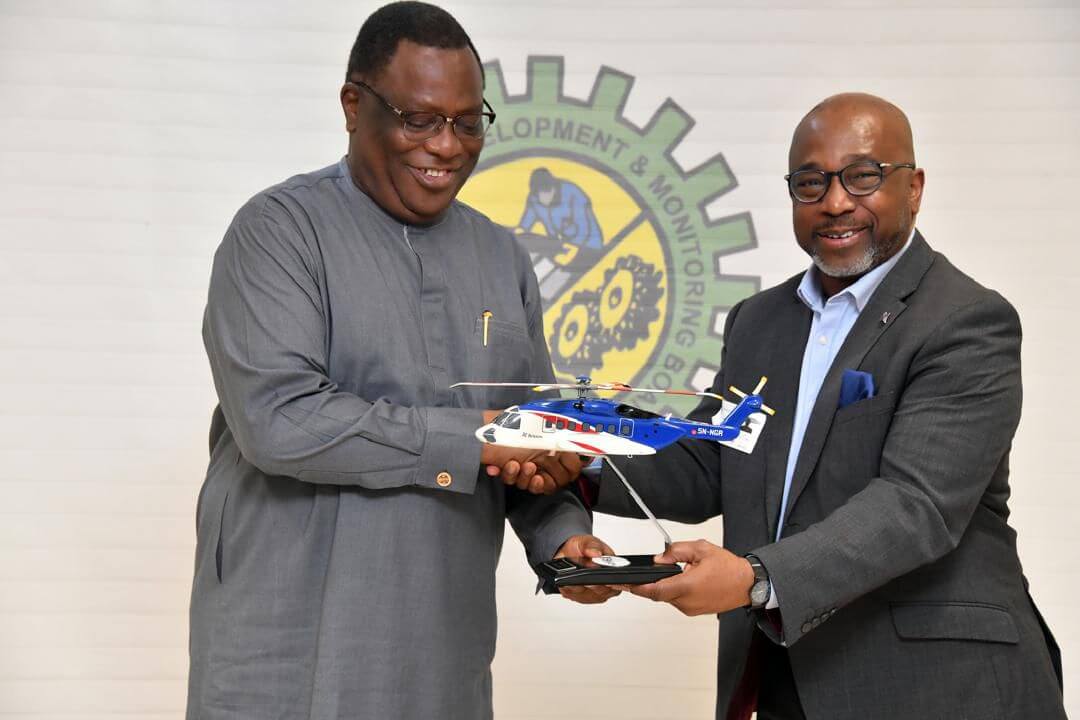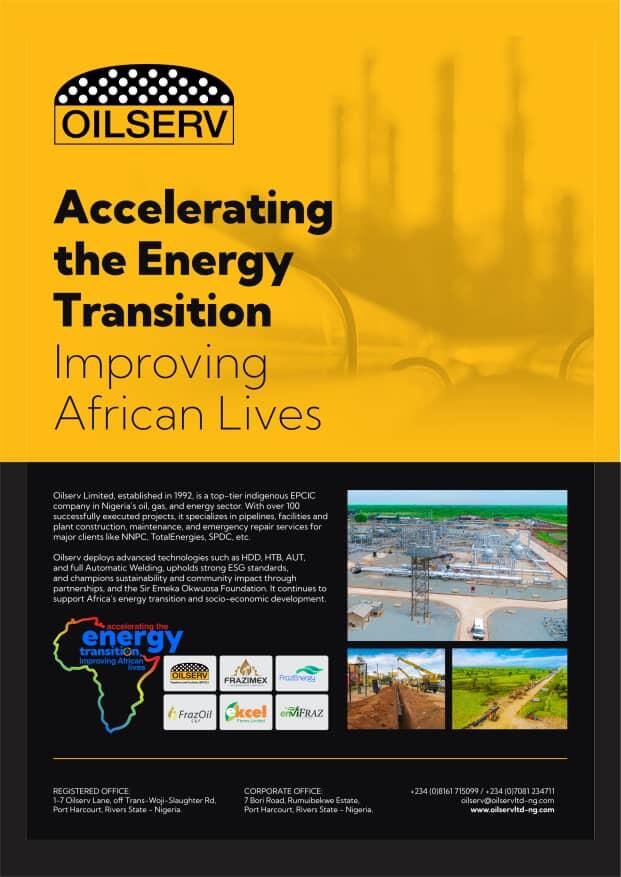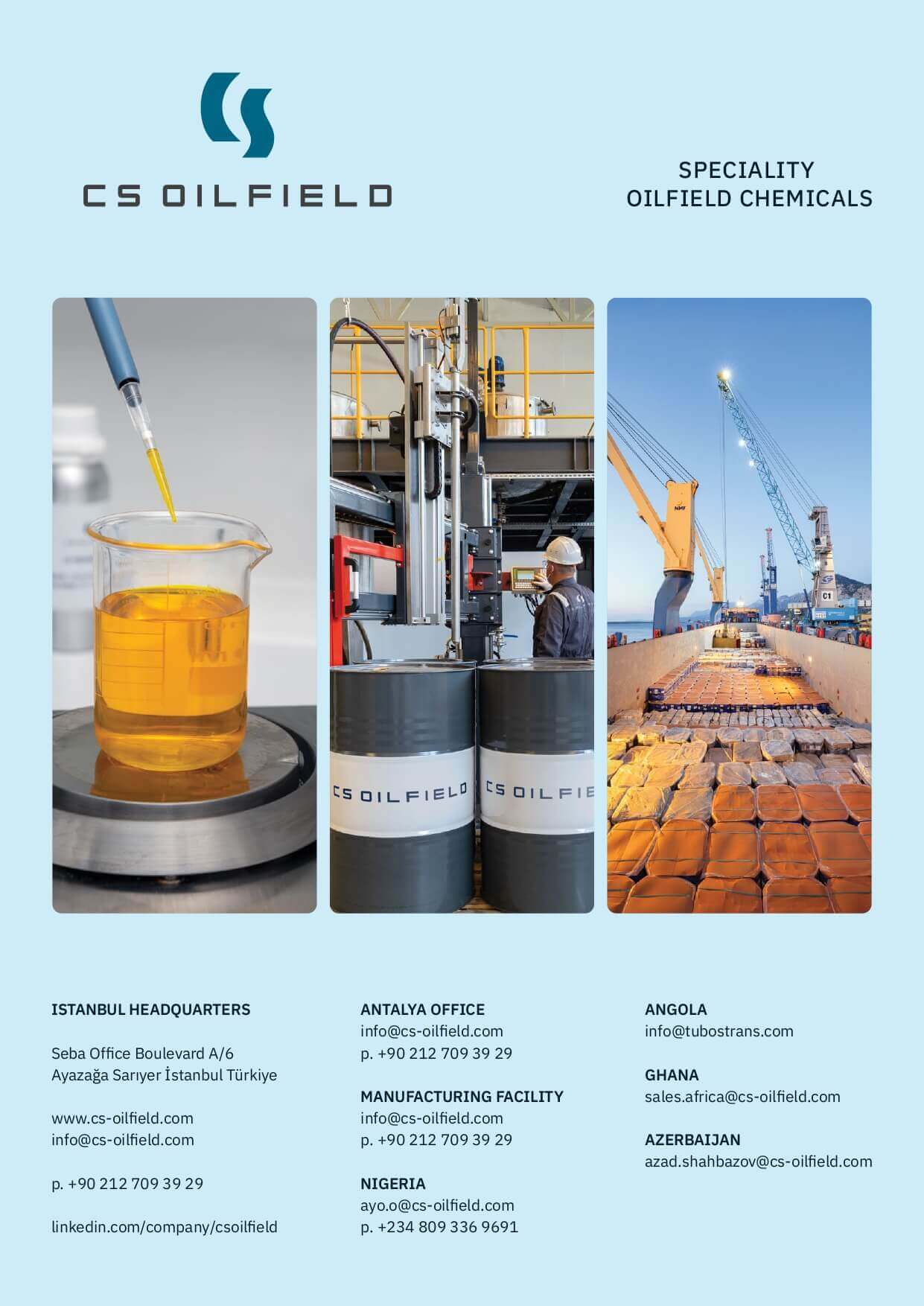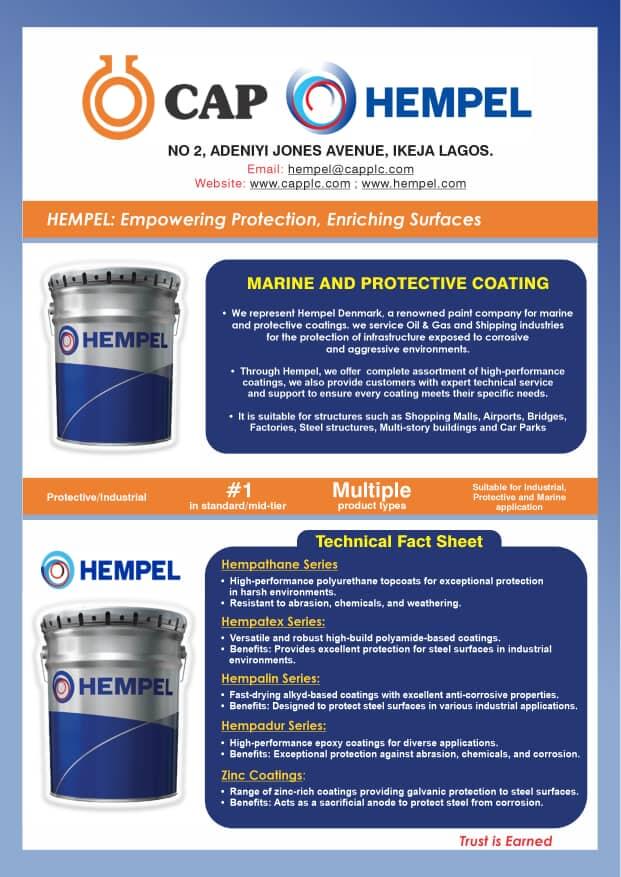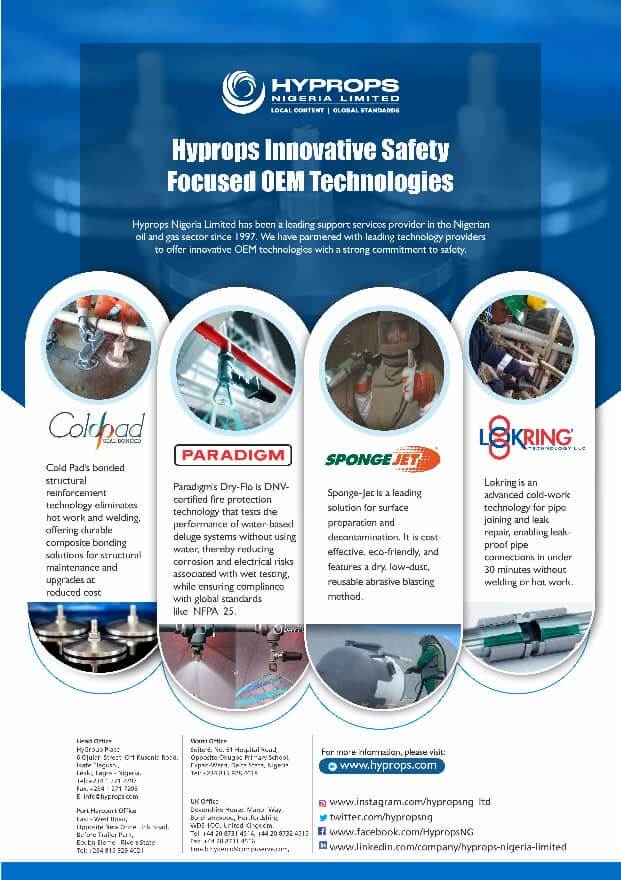The Management of Bristow Helicopters recently visited the Nigerian Content Development and Monitoring Board (NCDMB) and proposed to partner closely with the Board on initiatives such as the establishmentof a centre of excellence in the aviation sector,commencement of a search and rescue service and the introduction of light-wing aircrafts into the Nigerian oil and gas industry.
The Managing Director of Bristow Helicopters Nigeria, Mr. Oladapo Oyeleke led the company’s team that met with the Executive Secretary of the NCDMB, Engr. Felix Omatsola Ogbe at the Board’s headquarters in Yenagoa, Bayelsa State.

He said the visit was an opportunity to congratulate the Executive Secretary on his appointment and reaffirm the company’s commitment to NCDMB’s mandate as well as explore areas of possible collaboration. He stated that Bristow Helicopters is the global leader in the provision of helicopter services and has operated in Nigeria for over 65 years.
He acknowledged that the company had found comfort in the Nigerian environment and currently provides services to diverse clientele within and outside the Nigerian oil and gas industry using its fleet of aircrafts.“We carry 3000 passengers every day.The magnitude of our impact cannot be overemphasized,” he asserted.
The Managing Director maintained that Bristow Helicopters brings innovation toits service, stressing that the development of the Nigerian energy sector relies heavily on the company’s support and services. “You can only access deepwater projects that are about 200 nautical miles using our services. You cannot get there by boat,” he noted.
In the area of human capacity development, the Managing Director claimed that the company has trained over 300 Nigerian pilots and engineers in partnership with the NCDMB. According to him, “We have done very well in human capacity development. We trained Nigerian pilots and engineers heading the aviation departments of most international oil companies.”
Speaking further on the company’s local content strides, particularly in human capacity development, Oyeleke stated that the company started appointing Nigerians to the position of chief executives 10 years ago, despite Bristow Helicopters being an international brand.He affirmed that “the company pursues local content without diluting value and safety.”
On possible areas of collaboration with the NCDMB, the Managing Director of suggested that Bristow Helicopters and NCDMB could partner in setting up a centre of excellence for effective training of manpower that would work in the aviation subsector of the oil and gas industry. He emphasised that his company brings years of global excellence and always tries to raise the bar.
Another possible area of partnership according to him is in the introduction of search and rescue support services in the oil and gas industry. He indicated that Nigeria has a sizable number of vessels operating in the oil and gas industry, yet there is a weak search and rescue support system. He mentioned that Bristow Helicoptersis the global leader in the provision of such services and planned tobring that expertise to the Nigerian market.
The third possible area of collaboration for both organisationsis the planned investment in light-wing aircrafts for the Nigerian industry. According to Oyeleke, “the aircrafts will come in the 4thQuarter of 2024 if the market takes us there. We plan to train Nigerians to become the pioneers of that fleet and they can become the ambassadors.”
The Executive Secretary of the NCDMB, Engr. Felix Omatsola Ogbe in his comments, lauded Bristow Helicoptersfor their professionalism and offering excellent services to the oil and gas industry over the past six decades. He expressed interest in the opportunities presented by the new light-wing aircrafts and confirmed that the Board would seek to train young Nigerians to acquirecapabilities required to operate the aircrafts. Ogbe also pledged the Board’s support for Bristow Helicopters’plan to introduce search and rescue services in the Nigerian oil and gas industry. Such serviceswould be challenging and expensive to deploy, but would ultimately add great value to the industry, he concluded.
















